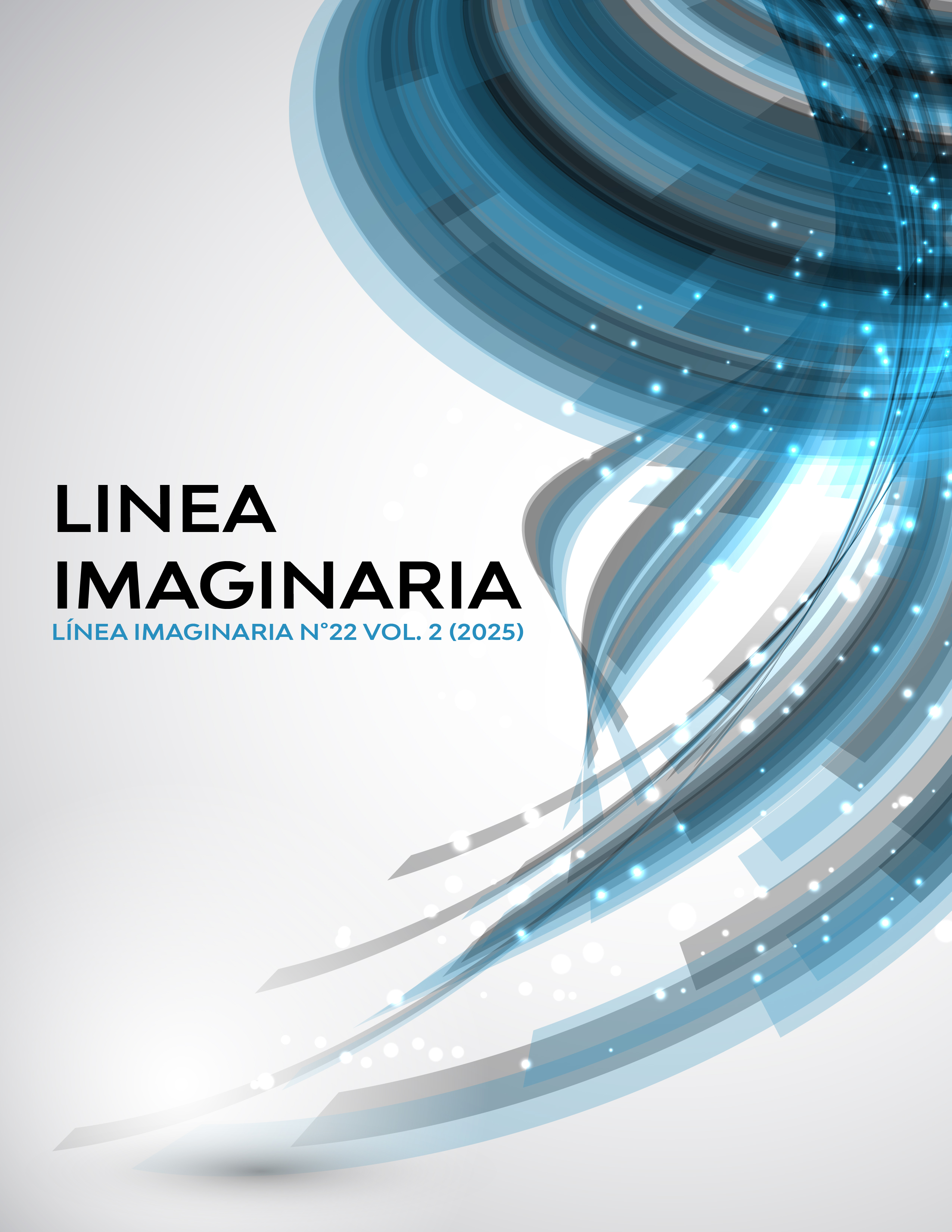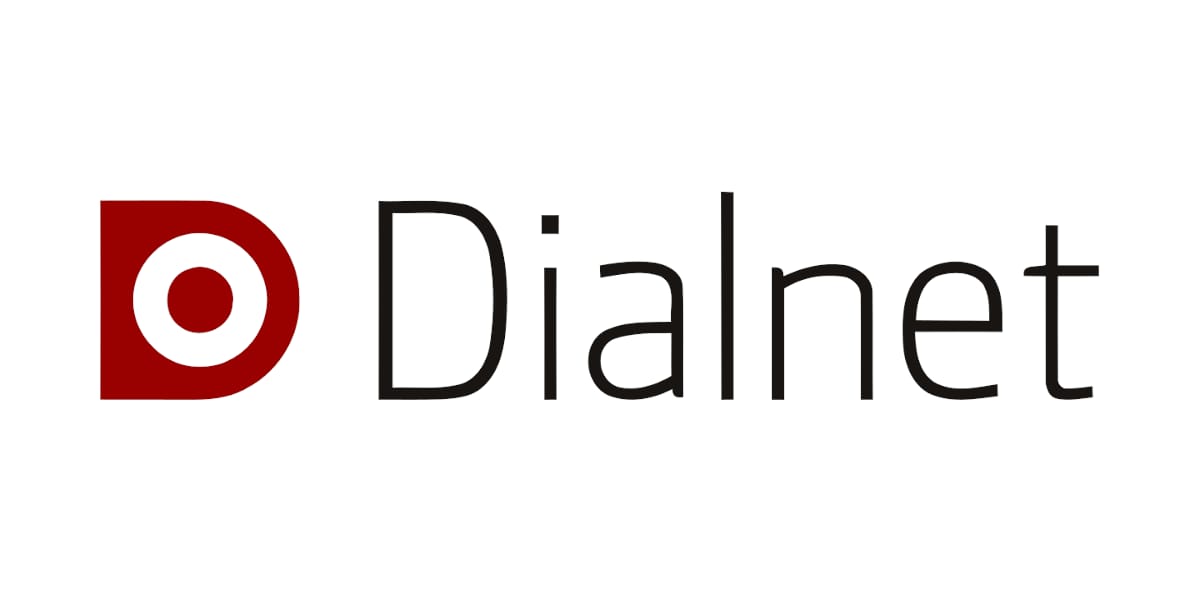INTEGRATION OF OPEN EDUCATIONAL RESOURCES (OER) IN UNIVERSITY TEACHING, THE FOUNDATION OF ICT AS A CURRICULAR ELEMENT AT UPEL
DOI:
https://doi.org/10.56219/lneaimaginaria.v2i22.4507Keywords:
open educational resources, information and communication technologies, university didacticsAbstract
Research is a complex process that requires constant observation and practice to achieve the social and educational goals that surround humankind. In this sense, advances in science and technology are linked to individual and collective needs arising from the ideas held within educational institutions, especially what the curriculum mandates, what should be integrated, and what should be leveraged to connect theories with educational practices, hand in hand with the use of open resources and digital technologies that drive university contexts. It is linked to a methodology centered on the interpretive paradigm, with attention to the development of a qualitative methodological approach that will be realized with Heidegger's phenomenological method. The work was carried out with the intentional selection of key informants, who were teachers from the Gervasio Rubio Rural Pedagogical Institute. To collect the information, a semi-structured interview will be conducted, emphasizing the use of a question script. The information will be categorized, establishing Dasein, phenomena, and categories, and proceeding with the process of interpreting and understanding the information. The findings will be compiled to develop a theorization that will support the theoretical constructs regarding the integration of the ICT axis.
Downloads
References
Argudin, Frola, Tobón, Gimeno y Velázquez (2014). Enfoque de la formación por competencias
Bautista y otros. (2019). Didáctica universitaria en entornos virtuales. España: Narcea.
Constitución de la República Bolivariana de Venezuela (2000). Gaceta Oficial de la República Bolivariana de Venezuela,5453, Marzo 2000
Coromines, J. (2007). Diccionario Etimológico. Morata ediciones. España.
Carretero M. (2021). Metacognición y educación. Buenos Aires: Aique.
Dale, H. (1.997). Teorias del Aprendizaje. Pearson Educación Mexico.
Davila, V. (2.006). Con la otra mano. Editorial yo apoyo la lectura. Puerto rico.
Díaz, J. (2013). Didáctica y Constructivismo. Ediciones Adida. España.
Díaz, F. (2007). Estrategias Docentes Para Un Aprendizaje Significativo. Una Interpretación Constructivista. Red Escolar: España.
Diaz, G. (2009). Estrategias de Enseñanza. Editorial Vargas. Colombia.
Gros, B. (2020). Evolución y retos de la educación Virtual. España: editorial UOV.
Hernández, R y Mendoza, P. (2018). Metodología de la investigación. Las rutas cualitativas, cuantitativa y mixta. México: Mc. Graw Hill. DOI: https://doi.org/10.17993/CcyLl.2018.15
Heidegger, M. (2003) El Habla. Espacios, Ano II, No.6, Puebla.
Kvale, S. (2012). Las entrevistas en investigación cualitativa. Ediciones Morata.
Ley orgánica de la ciencia, tecnología e innovación (2005) Presidencia de la República Bolivariana de Venezuela gaceta oficial n 38.242 de fecha 03 de agosto. de 2005.
Medina, B. (2018). Enseñanza y aprendizaje en la educación superior. Madrid España: síntesis editorial.
Martínez, M. (2009). La nueva ciencia. México – Trillas.
Ministerio de ciencia y tecnología (2001). Plan nacional de Ciencia Tecnología e Innovación. 2005-2030 Caracas.
Santos, g. (2022). Recursos educativos abiertos. Una pieza fundamental para afrontar los actuales retos de la educación superior. España: octaedro DOI: https://doi.org/10.36006/15217
Siemens, G. (2007). Teoría del Conectivismo.EEUU: Cambridge University
Taylor y Bogdan (2007). Métodos de Investigación. Mac Graw Hill ediciones Interamericana.
Trincada, N. (2008). Axiología. Trillas: México.
Universidad Pedagógica Experimental Libertador (2005). Manual de Trabajos de Grado de Especialización, Maestría y Tesis Doctorales. Caracas. Venezuela
Van manen, M. (1998). El tacto en la enseñanza. El significado de la sensibilidad pedagógica. España: Paidós.
Zabalza, M. (2.007). Competencias docentes del profesor universitario. Narsea, S.A Ediciones Madrid.
Zarzar, C. (2.000). Temas de Didactica. Editorial Progreso
Downloads
Published
How to Cite
Issue
Section
License

This work is licensed under a Creative Commons Attribution-NonCommercial-ShareAlike 4.0 International License.
La revista Línea Imaginaria conserva los derechos patrimoniales (copyright) de las obras publicadas, que favorece y permite la reutilización de los mismos bajo la licencia Creative Commons Atribución-NoComercial-CompartirIgual 4.0 , por lo cual se pueden copiar, usar, difundir, transmitir y exponer públicamente, siempre que se cite la autoría y fuente original de su publicación (revista, editorial, URL y DOI de la obra), no se usen para fines comerciales u onerosos y se mencione la existencia y especificaciones de esta licencia de uso. Si remezcla, transforma o crea a partir del material, debe distribuir su contribución bajo la misma licencia del original.














